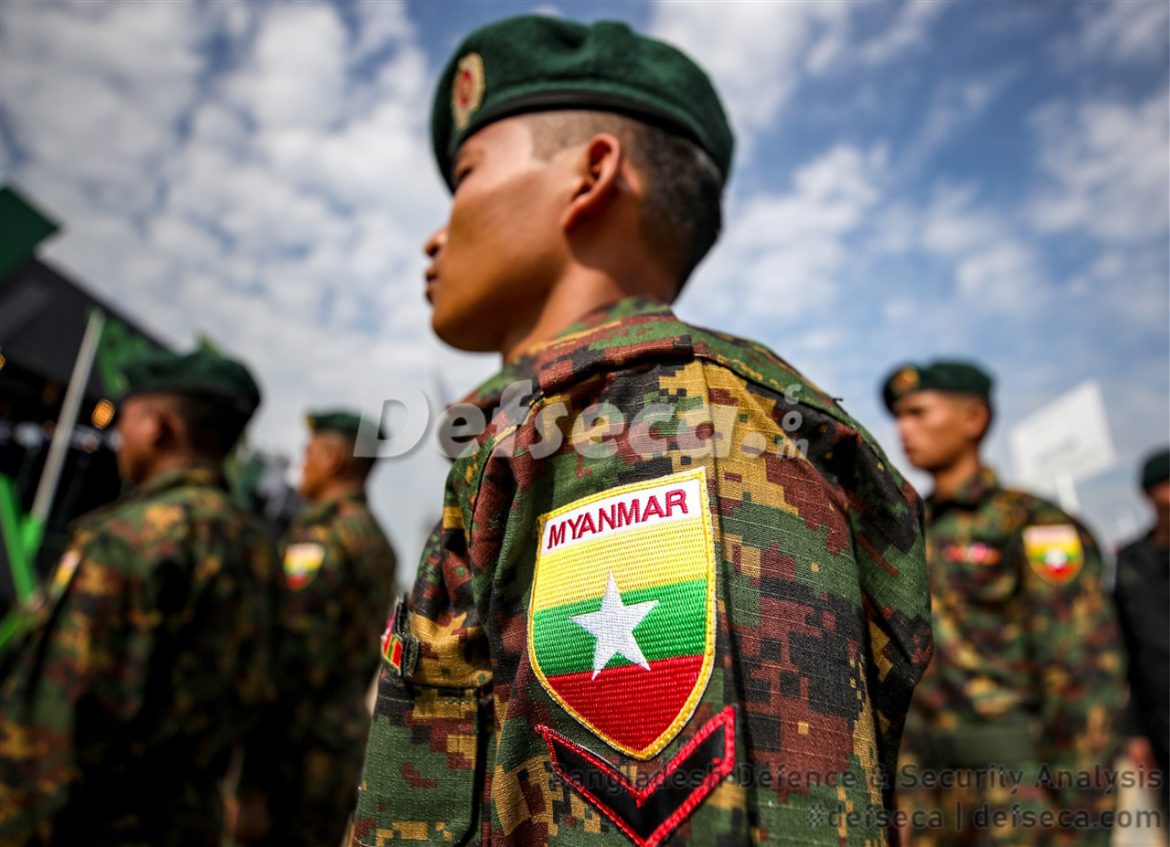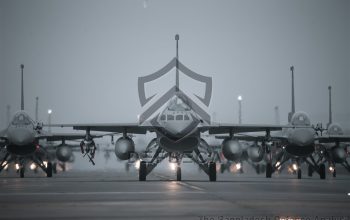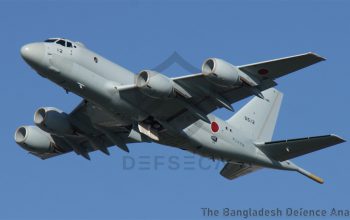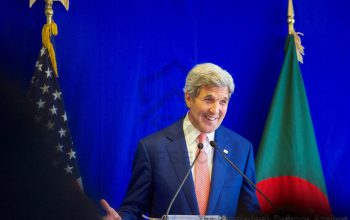Myanmar (formerly known as Burma) is a Southeast Asian nation comprising of over a hundred ethnic groups. It shares its international border with Bangladesh, India, China, Laos and Thailand.
The country has an estimated population of nearly 54 million, which is roughly a third of Bangladesh’s own population total.
The main official language in Myanmar is Burmese and the national capital is Naypyitaw.
The former British controlled country was granted independence in 1948 as a democratic nation but that all changed in 1962 following a coup d’etat resulting in the establishment of a military dictatorship under the Burma Socialist Programme Party.
For much of its existence the Southeast Asian nation has been engrossed in civil war. The military dictatorship took advantage of the chaos to establish their rain of tyranny, drug trade and corruption in the country.
In 2011 the military junta was officially dissolved following the 2010 general election and a partially civilian government was installed in power. The military however still controls foreign policy, defence and internal security. Aung San Suu Kyi, the iconic pro-democracy leader of Myanmar became the State Counsellor, which is the de facto head of government equivalent to a Prime Minister.
Myanmar’s democratic reforms were received positively by the international community. Countries such as the United States moved hastily to remove many barriers against Myanmar to allow it to develop. But in 2017 the international community woke to the troubling news of a new flashpoint in Myanmar. The shadowy military junta was up to its old tricks again and this time the Rohingya Muslims bore the brunt of their wrath.
Mostly present in the Rakhine state, the Rohingya’s are a mix race ethnic group who have lived in the Rakhine region for centuries. These people have faced systematic state sponsored oppression since the 1980s.
In 2017 the Myanmar security forces conducted a false flag operation that caused the deaths of a small number of Burmese troops. The fabricated incidents were used as a cover to conduct a state wide ethnic cleansing pogrom of the Rohingya people.
Over 730,000 Rohingya’s crossed the border in to Bangladesh in scenes reminiscent of the 1971 war. The hapless people were given shelter by Prime Minister Sheikh Hasina temporarily until they could return back to their homeland.
The even caused a major international incident that sparked outrage in the West and the Muslim world. However Myanmar received the backing of powers such as China, India and Japan to carry on as those countries were calculating matters of trade and security well before the lives of ethnic minorities. In fact all three countries have a track record of grave human rights violations in different times in history.
Many people believed Bangladesh and Myanmar would go to war however so far Bangladesh remained unphased by provocations set by Myanmar.
These are also strategically calculated policies which consider the well-being of Bangladesh’s economy as paramount. For the government this outweighs the short term loss of hosting Burma’s Rohingya population in squalid refugee camps.
By 2019 Myanmar officially had an authorised strength of 549,000 personnel in its armed forces including 507,000 in the army, 19,000 in its navy and 23,000 in the air force. There are also a small number of border guards and other auxiliary forces numbering 19,000 personnel.
Myanmar has a defence budget of around $2.5 billion or roughly 4% of the GDP. Its principal foreign source of military hardware is China, Russia, India, Ukraine, North Korea, Israel, Belarus, South Korea, Indonesia, Malaysia, Pakistan, Turkmenistan, Singapore and Vietnam.
Although Myanmar has invested heavily as per its economic ability to modernise its armed forces much of its military equipment is substandard with training and troop strengthen questionable.
In recent years Russia has sold combat aircraft such as the Su-30SME and Yak-130 to rearmed the Myanmar Air Force. China supplied them with the JF-17 to replace the obsolete F-7 fighters. India too provided Myanmar Navy with its first refurbished Kilo-class submarine and armoured vehicles, air defence systems procured from an amalgam of sources including Ukraine, Belarus and North Korea.
Compared to its foot infantry Myanmar’s air power and naval capability is unremarkable. The military is geared towards fighting a counter insurgency war against guerilla units rather than a conventional, well trained and well equipped military force. It grossly inadequate logistical capability cannot support military operations far from its organic bases.
The military even suffered setbacks against ethnic rebel groups fighting an unending civil war for decades now. This ensured Myanmar’s military is bogged down to waste resources on internal conflicts. For this reason Myanmar’s neighbours have been satisfied with letting it carry on with its pogroms within its own borders.
Given the state of world affairs Bangladesh itself is unlikely to take any unilateral steps against Myanmar. China and Japan have counselled Bangladesh against taking steps that would damage Bangladesh’s own economy. Western and Arab countries are more vocal in their support for Bangladesh’s stance but very few countries would commit to supporting an actual war.
As everything is interlinked these days it is not possible for Bangladesh or any other country in its position to make brash decisions in an expeditionary manner.
Myanmar has already been isolated after the Rohingya massacres. They continue to be dogged by international organisations and the United Nations. Most of their important national leaders are under sanctions already. There are few capitals in the world today that would readily accept any senior government representatives from Myanmar on an official visit or be seen in the same photo frame as Myanmar’s leaders.
What turned out to be a short term success to vacate the Rohingya from their lands will eventually turn out to be a death knell for Myanmar in the sense that at any moment different ethnic groups of Myanmar may decide to fight a united war against the Myanmar armed forces.
It remains to be seen how effectively Bangladesh can utilise its advantageous position to resolve the Myanmar crisis.
Time will tell if the docile Rohingya population will act like other ethnic minorities and take up arms to fight for their rights to reestablish themselves in their own lands. A collaboration between Rohingya and the Arakan Army (AA) may be what is necessary to pull all stakeholders in to negotiations for working out the future of at least the Rakhine state.
Bangladesh for its part has time on its hands.




